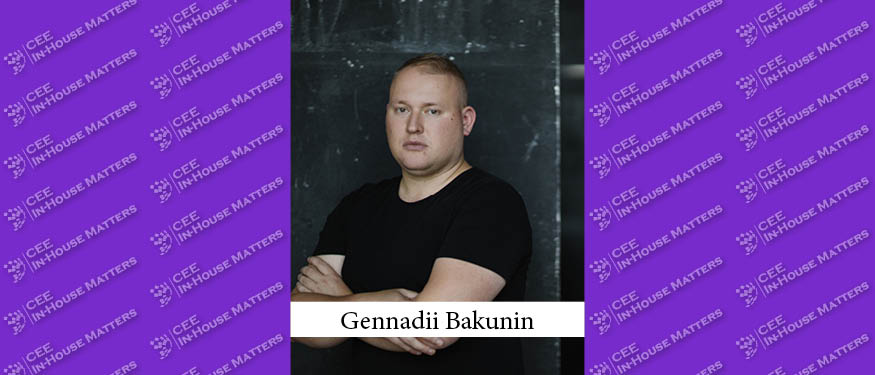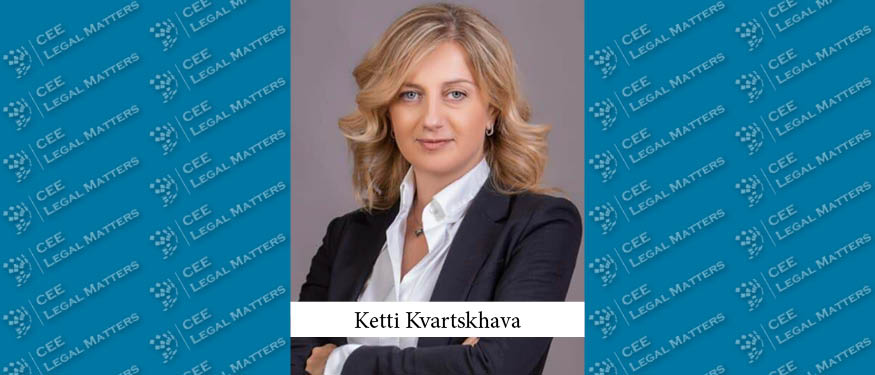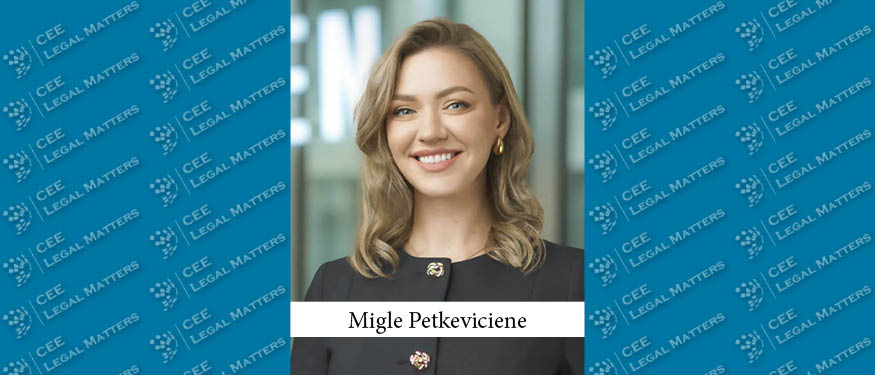On September 14, CEE Legal Matters reported that Sorainen had advised Brette Haus on the preparation of a sales contract template for prefabricated folding houses. CEEIHM spoke with Gennadii Bakunin, CEO of Brette Haus to learn more about the matter.
CEEIHM: To start, tell our reader a bit about Brette Haus, please.
Gennadii: Imagine a world, where houses are assigned to people, not places! The same happened with the phones 20 years ago and it led to the formation of new business opportunities.
Mobile homes eventually became a modern trend in construction. However, portacabins and tiny shelters still require cranes, dozens of qualified workers, and so on. The idea of “just mount and move in” was spoiled, and technologies proved to be old-fashioned.
Brette Haus decided to look at this problem from a new perspective. We prefabricate folding houses with a unique 100-cycle hinge system (it allows us to increase useful space by up to 200%). It makes comfortable, durable houses ready to relocate almost for an unlimited amount of times. Your cozy home anywhere!
CEEIHM: According to Sorainen, your company provides "innovative and mobile building solutions." Can you elaborate a bit as to what these solutions are?
Gennadii: The primary focus is on the out-of-city b2b hospitality market in tourism, construction, agriculture, and event industries. During the manufacturing process, cabins generate about 80% less waste and use 99% less water than standard site-built houses. Basically, Brette Haus produces houses with a positive environmental impact. It is our strong principle to make houses only from natural materials. We use solid wood for walls, floors, and ceilings.
Such a sustainable nomadic solution doesn't require much paperwork as folding homes could be compared to a mobile estate. In many countries, this eliminates the need for a building permit.
The European market volume we are looking at is EUR 1 billion. Our target is 1% of that market volume in three years. We devoted the first 18 months of our existence to the market research and the development of the product. We built up the MVP of our product and the net of sales agents. The next step would be sales.
CEEIHM: What is behind this mandate — why did this need for a sales contract template come up now?
Gennadii: We decided to invest in a fair sale agreement that will protect us and guarantee the quality of the product to our customers.
My college mate and lawyer, Dmitry Grits, promotes a technique of simple and understandable agreements. I really liked this concept. We were looking for a legal company that would support this idea and develop an agreement that needs no dictionary to understand.
We also wanted the terms of the contract to read naturally along the order of the action sequence. This is easy to read. Ultimately, simplicity helps to agree on the terms faster.
We tried to minimize chances people would feel deceived in their expectations down the line due to vague wording, especially, when it comes to building permits and connection to the mains. Our market geography is versatile and we can't work out every region regulations (though we tried, actually).
Our cabins are innovative and we needed to work carefully on the warranty and maintenance clauses. Customers should be able to get proper service, but no speculation should be allowed.
CEEIHM: What were the main considerations the firm had to incorporate in developing these templates and on what aspects did you foresee you’d get the most pushback from potential counter-parties?
Gennadii: My ideal agreement would fit into a double-sided A4 when printed. Unfortunately, there were many important elements to mention and we couldn't fit everything in such a small space.
We like to think the best of our customers, but our colleagues say that there are two common problems all housing companies meet eventually: unpaid final fees and unreasonable warranty demands. Our product can be installed in three hours so we wanted to lock the right of ownership until the final payment arrives. Theoretically, we could remove the house it the payment is delayed by too much.
CEEIHM: Why did you choose Sorainen to assist you on this matter?
Gennadii: We were looking for a company that looks at startups as future partners, not temporary clients. The Latvian Startup Association advised us to contact Sorainen because of its good reputation in supporting local entrepreneurs. We got a really sweet offer from them compared to the competing legal companies.
But it was their attitude towards time that impressed me the most. I worked with many lawyers and most of them had issues with deadlines. The Sorainen team kept us informed about the status of our work all the time. It felt secure and safe to work with them.
Originally reported by CEE In-House Matters.













